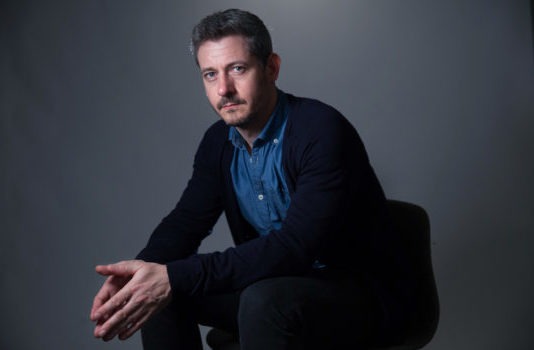Emmet Mc Cormack
Professor Emmet Mc Cormack is PI of the research group Translational Molecular Imaging in Cancer. His main motivation is the development and effective translation of novel therapies and imaging strategies for the treatment of cancer, particularly cancers with limited therapeutic options. It is the group’s belief that the current dogma of rushing novel pharmaceuticals through inappropriate preclinical models is one of the major reasons for their limited clinical penetration. This can only be solved through multidisciplinary development of preclinical surrogates, models and diagnostic tools that more accurately mimic clinical conditions. Subsequently, the group has lead the development of patient derived xenograft models in hematological malignancies (in collaboration with Professors Øystein Bruserud and Bjørn Tore Gjertsen), gynecological cancers (in collaboration with Professor Line Bjørge and Dr. Camilla Krakstad) and pancreatic cancer (in collaboration with Professor Anders Molven and Dr. Dag Hoem) in Bergen. The group now has multimodal imaging of over 40 personalized cancer models, spanning most cancer phenotypes in addition to lab-on-a-chip scaffolds for greater in vitro understanding of the bone marrow microenvironments. The group’s work has featured in high impact journals such as Cell Stem Cell, PNAS, Leukemia, Blood, Cancer Res etc., been awarded substantial independent grants , and been recognized both nationally (Best Young Investigator 2014 – Norwegian Oncology Society) and globally (Best Young Investigator – World Molecular Imaging Society). Current projects include, SonoCURE (funding through NFR, NIH and Helse Vest) exploring the application of Sonoporation (the transient formation of pores in cells by microbubbles activated by ultrasound) in the treatment of pancreatic ductal adenocarcinoma. The application aims to elucidate, evaluate, and potentiate a new era of sonoporation theranostics for PDAC through application of innovative biomarker mining, organoid models and preclinical modelling. Clinical collaboration with researcher Kotopoulis, Professor Dimcevski and Professor Gilja are planned for a Phase II trial follow up from a very successful Phase I trial (Dimcevski et al. J Control Release 2016). A second major focus is the development of novel preclinical models of leukemia and lymphomas for novel targeted and immune- therapies (Li et al. Cell Stem Cell 2014), with exploration of microenvironmental factors critical to disease development. Finally, the group is developing the application of image-guided surgery (Helland et al. PLoS One 2016), whereby fluorescent dyes will target biomarkers on surgically amenable cancers to aid their greater resection. This is particularly relevant to gynecological cancers and sarcomas.

